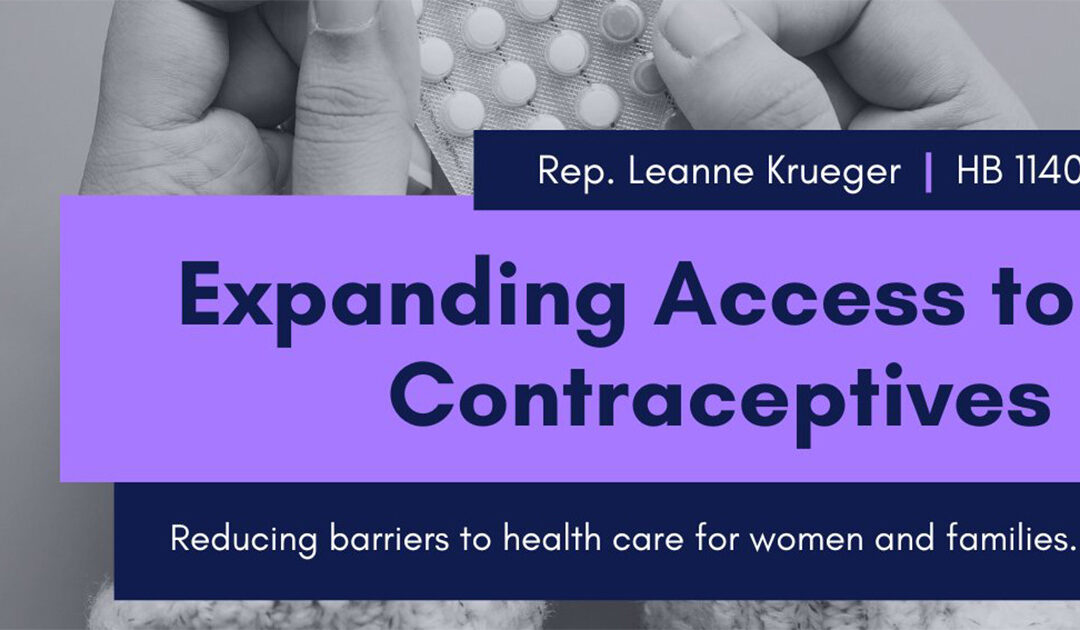HARRISBURG, June 25, 2024 – Landmark legislation that would add state-level protections for contraceptive access (H.B. 1140) was approved by the Pennsylvania House of Representatives today, according to the bill’s sponsor, state Rep. Leanne Krueger.
Krueger, D-Delaware, said efforts by extreme, anti-choice legislators and activists to deny people’s access to safe, proven and FDA-approved contraceptive methods to prevent pregnancy and treat other medical conditions prompted the need for this legislation that she has introduced every session since 2020. She said the legislation became more crucial when the U.S. Supreme overturned Roe v Wade in its 2022 Dobbs decision and gave each state the authority to decide women’s reproductive rights.
“Contraception is health care, plain and simple, and no one but a woman and her doctor should decide what medical care she has the right to receive,” Krueger said. “Pennsylvania currently has no protections in state law for contraceptive access, so attacks at the federal level jeopardize our access. This bill received unanimous approval in committee and passed with a bipartisan vote of 133-69 in the House. Today’s vote is an important first step to ensuring access to contraception for all Pennsylvanians who need, want and deserve it.”
The bill would require all health insurance policies in Pennsylvania to provide coverage for all FDA- approved contraceptive drugs, devices, products and services, including emergency contraception and over-the-counter oral contraception without cost-sharing.
It also would create a new statewide standing order for contraceptives, issued by the Pennsylvania secretary of health or physician general, for all FDA-approved over-the-counter emergency contraceptive drugs and FDA-approved over-the-counter contraceptive drugs.
To address safe patient access and continuity of care, the bill would require coverage for a three-month initial supply of contraceptives and a one-year refill of contraceptive drugs. It also would ensure confidentiality for individuals seeking contraceptives, mirroring HIPAA confidentiality requirements. The bill also would mirror federal law on religious exemption for birth control purposes. However, if contraceptives are prescribed to treat medical conditions, there is no religious exemption.
The bill now heads to the Senate for consideration.

